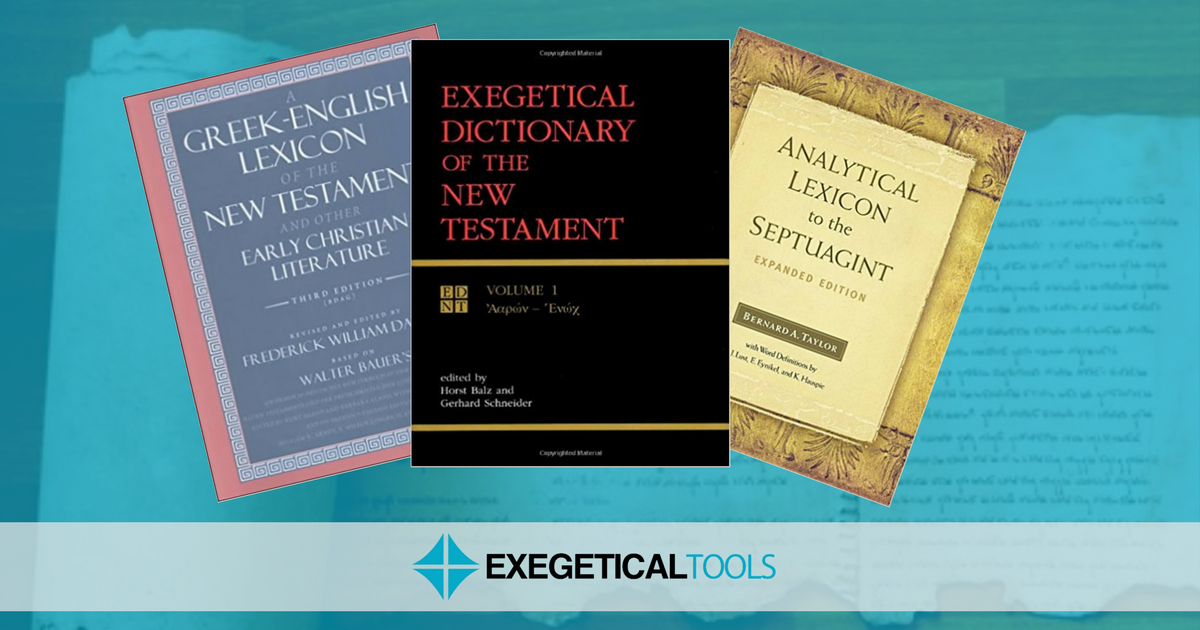

Punctuation Practices for Greek New Testament Texts Summary of Subject Relative Clauses and Attributive Participles Subject Relative Clauses and Attributive Participles in the Greek New Testament The Accessibility Hierarchy and Specific Languages Summary of Nonrestrictive Clauses in the Greek New TestamentĬhapter 6: Final Synthesis, Implications, and Prospects

General Tendencies of Nonrestrictive Clauses in the Greek New Testament Summary of the Nonrestrictive Attributive Participle in the Greek New Testament The Nonrestrictive Attributive Participle in the Greek New Testament

Summary of the Nonrestrictive Relative Clause in the Greek New Testament The Nonrestrictive Relative Clause in the Greek New Testament Grammatical Assertions of Nonrestrictive Clauses in the Greek New Testament Relative Clauses and Attributive ParticiplesĬhapter 5: Nonrestrictivite Clauses in the Greek New Testament Nonrestrictivity and the Nature of AntecedentsĬontinuum of Nonrestrictivity-Modification to Coordination Strictly Defining Nonrestrictivity-Negatively and Positively Validity of Nonrestrictivity as a Linguistic Category Nonrestrictivity as a Linguistic Category Summary of Restrictive Clauses in the Greek New Testament General Tendencies of Restrictive Clauses in the Greek New Testament Summary of the Restrictive Relative Clause in the Greek New Testament The Restrictive Relative Clause in the Greek New Testament Summary of the Restrictive Attributive Participle in the Greek New Testament Noun Phrase Formation Patterns Containing an Attributive Participle The Restrictive Attributive Participle in the Greek New Testament Summary of Previous Grammatical Assertions

Grammatical Assertions of Restrictive Clauses in the Greek New Testament Restrictivity and the Nature of AntecedentsĪttributive Participles and Relative ClausesĪddendum 2-A: Restrictive Modification of Very Specific SubstantivesĬhapter 3: Restrictive Clauses in the Greek New Testament Validity of Restrictivity as a Linguistic Category The Restrictive/Nonrestrictive DistinctionĪttributive Participle Equivalent to Relative Clause.Chapter 1: Introduction: An Analysis of the Attributive Participle and the Relative Clause in the Greek New Testament.As a result, Hayes issues a call to clarity and correction for grammarians, exegetes, modern editors, and translators of the Greek New Testament.Īdvance Praise for An Analysis of the Attributive Participle and the Relative Clause in the Greek New Testament His analysis leads to the conclusion that with respect to the restrictive/nonrestrictive distinction these two constructions could in no way be described as "equivalent." The attributive participle is primarily utilized to restrict its antecedent except under certain prescribed circumstances, and when both constructions are grammatically and stylistically feasible, the relative clause is predominantly utilized to relate nonrestrictively to its antecedent. By employing the Accessibility Hierarchy, he focuses the central and critical analysis to the subject relative clause and the attributive participle. Hayes disproves those assertions in An Analysis of the Attributive Participle and the Relative Clause in the Greek New Testament, thoroughly presenting the linguistic categories of restrictivity and nonrestrictivity and analyzing the restrictive/nonrestrictive nature of every attributive participle and relative clause. Downer’s Grove: Intervarsity Press, 1986.Many New Testament Greek grammarians assert that the Greek attributive participle and the Greek relative clause are "equivalent." Michael E. Ontario, Canada: Online Bible Foundation, 1997. A Greek-English Lexicon of the New Testament (Abridged and Revised Thayer Lexicon). Copyright © 1965 by The University of Chicago Press. Wilbur Gingrich and Frederick William Danker. Shorter Lexicon of the Greek New Testament, 2nd Edition, edited by F.Zeeland, MI: Reformed Church Publications, 2009. Understanding the Basic Themes of Colossians, Philemon: Quick Reference Bible Topics. LifeChange Series: A life-changing encounter with God’s Word from the books of Colossians & Philemon. ( New International Version Bible Online). The Holy Bible: New International Version®.New Testament Commentary: Exposition of Colossians and Philemon. Analytical Lexicon to the Greek New Testament. Friberg, Timothy, Barbara Friberg, and Neva F.Colorado Springs: Community Bible Study, 2013.
#BIBLEWORKS GINGRICH GREEK LEXICON SOFTWARE#


 0 kommentar(er)
0 kommentar(er)
